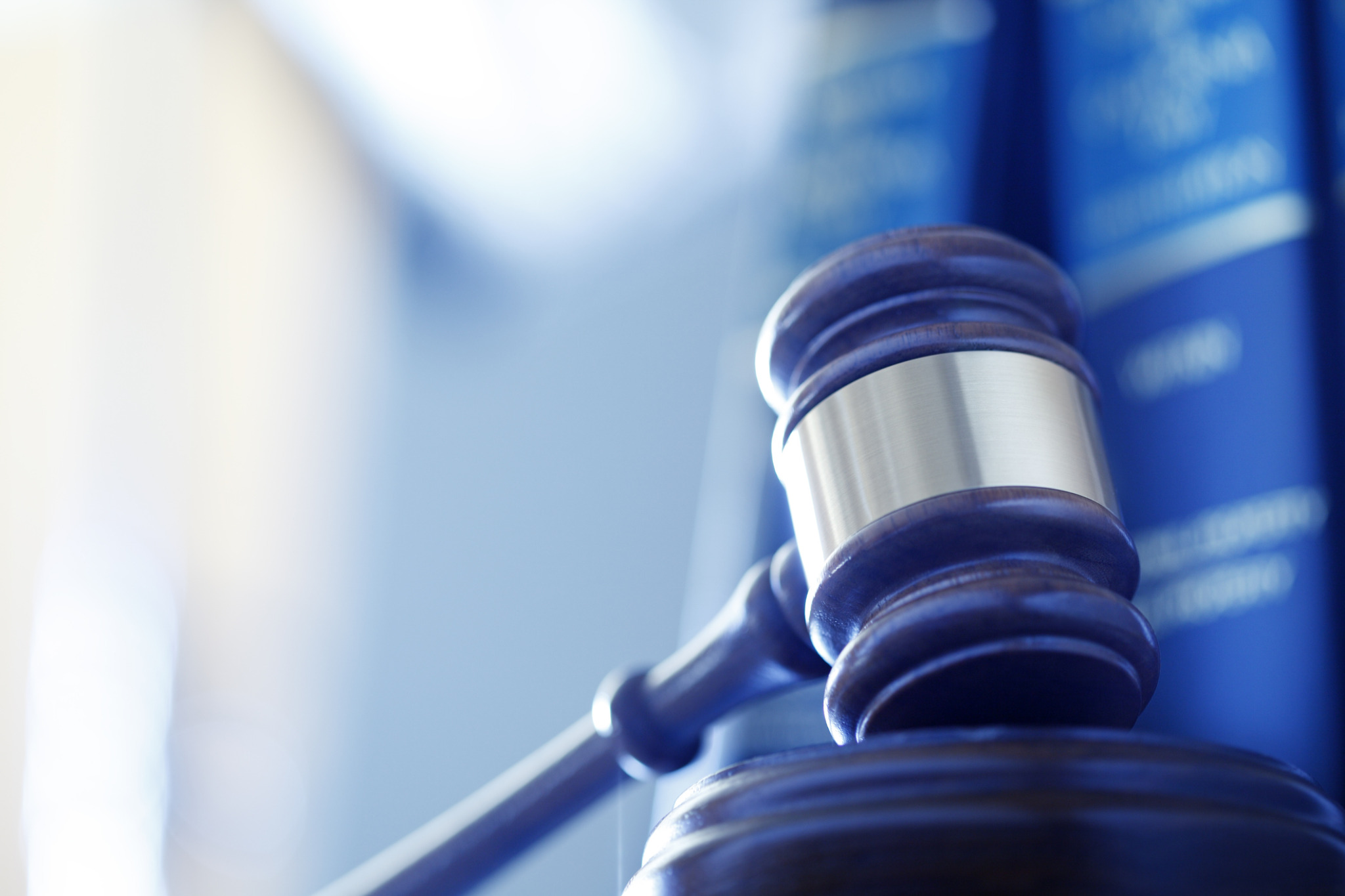
Key U.S. Supreme Court conservatives on Nov. 5 seemed skeptical that President Donald Trump has the power to unilaterally impose tariffs, potentially putting at risk a key part of his agenda.
Trump has called the case one of the most important in the country’s history and said a ruling against him would be catastrophic for the economy. A decision in the case could take weeks or months.

The Constitution says Congress has the power to levy tariffs. But the Trump administration argues that in emergency situations the president can regulate importation — and that includes tariffs.
The case centers on two sets of tariffs. The first is on imports from Canada, China, and Mexico after Trump declared a national emergency over drug trafficking. The second involves the “reciprocal” tariffs on most countries that Trump announced in April.
The challengers argue the 1977 emergency powers law Trump used doesn’t even mention tariffs, and no president before has used it to impose them. That law is commonly referred to as IEEPA.
During the hearing, Justice Amy Coney Barrett grilled the government on that point. “Has there ever been another instance in which a statute has used that language to confer the power?” she asked.
Justice Neil Gorsuch questioned whether Trump’s position would hand too much congressional power to the president. And questions from Chief Justice John Roberts suggested he might not be convinced. With the court’s three liberal-leaning justices seeming deeply dubious, the tariffs challengers could win by swaying two conservatives.
Lower courts have struck down the bulk of Trump’s tariffs as an illegal use of emergency power, but the nation’s highest court may see it differently.
If Trump loses at the high court, he still could impose tariffs under other laws, but those have more limitations on the speed and severity with which he could act. The aftermath of a ruling against him could be complicated if the government is required to issue refunds for the tariffs that had collected $195 billion in revenue as of September.
Could a future president use this power to fight climate change?
Gorsuch questioned whether the same power Trump is claiming to impose these tariffs would allow a different president to charge a 50% levy on all gasoline-powered vehicles and parts to fight climate change.
U.S. Solicitor General D. John Sauer said that the Trump administration views climate change as a hoax and could not be viewed as a real crisis under existing law.
“The next president may not feel this way,” responded Neal Katyal, attorney for the small businesses challenging the tariffs.
Judge halts DOT’s effort to tie funding to immigration enforcement
One day before the Supreme Court hearing, a U.S. federal judge issued a permanent injunction that blocks the Trump administration’s effort to impose immigration enforcement requirements on billions of dollars in Department of Transportation grants.
The administration has “blatantly overstepped their statutory authority,” Chief U.S. District Judge John McConnell wrote in the ruling. The DOT grants are used by states to maintain highways, bridges, and other critical infrastructure.
Earlier this year, DOT Secretary Sean Duffy warned states that they could lose federal transportation funding if they failed to comply with “immigration rules, end anti-American DEI policies, and protect free speech.”
Twenty states, led by California, filed a lawsuit claiming the agency overstepped its authority because Congress already approved these funds. McConnell sided with the states in June, issuing a preliminary injunction.
The Associated Press contributed to this report.
Credit: Source link












